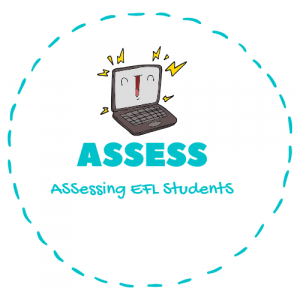With 2021 finally here, we wanted to take a moment and share a few thoughts concerning the assessment of the productive skills (speaking and writing). This is a quite complex task.
There are so many traits and competences that can be assessed: fluency, accuracy, complexity of language, vocabulary richness and/or range, acquisition of specific vocabulary, language chunks or grammar structures, content/ideas and details provided, sequencing or organization of ideas… and, how to measure all these traits/competences? How wide should each trait be for L1 or L2 learners at different stages of proficiency? Should we prioritize competences in the assessment of learner proficiency or should they all be weighted in the same way? What type of tasks should be used to assess learners’ speaking and writing proficiency? How often should productive skills be assessed?
The answers to all these questions are essential to the development of any effective approach to the assessment of proficiency in the productive skills. However, with so many approaches that exist, teachers often feel confused and frustrated when it comes to evaluate English Foreign Language Learners and create effective and valid rating scales.
Taking into account teachers’ difficulties and needs, the project ASSESS aims to define innovative methods and tools for the assessment of EFL learners. On the basis of approaches that already exist, the Common European Framework of Reference (CEFR), a range of information sources and data that was collected and analysed through questionnaires addressed to teachers, the project ASSESS will provide a handbook to suggest a usable scale construction model for application or adaptation in assessing speaking and writing exams, easily and in a reliable way. The objective is to contribute to the improvement of teachers’ skills in preparing reliable rating scales, allowing them to give a trait specific feedback according to different levels of achievement. Providing constructive feedback on speaking and writing (strengths and needs) is essential for helping students improve their skills.
In addition, in the web portal, speaking and writing exams will be complemented with an example of assessment scale ready to use or adapt.
We founded ASSESS project to help teachers find innovative tools for assessing English Foreign Language Learners. Our mission is being realized. We are eager to bring inspiration and innovation to foster good practices and facilitate the evaluation process.

